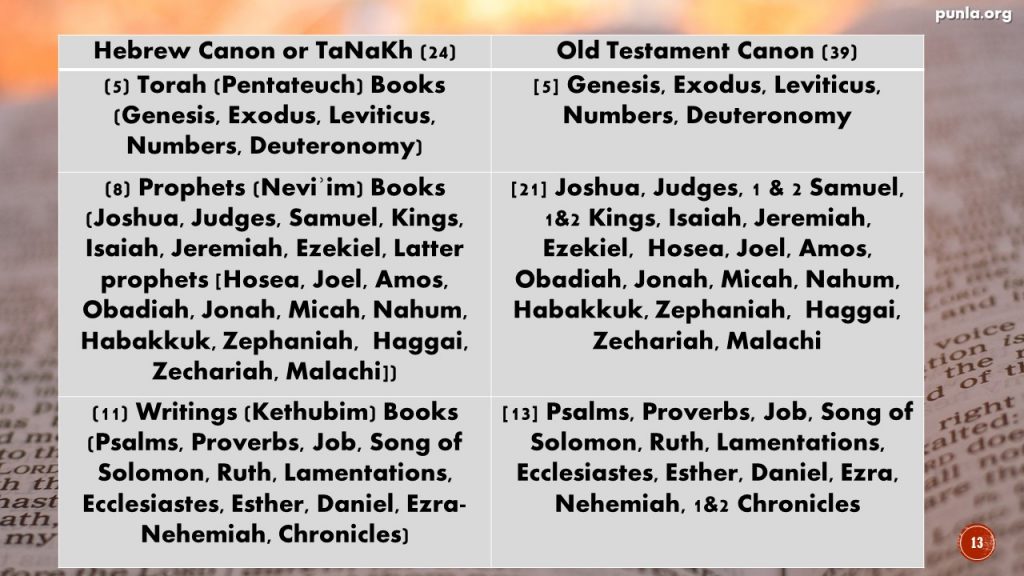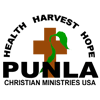Bible Reliability
Can you trust the Bible?
Music helps to put us in the right frame of mind. This is a link to a MeryMe song word of God Speak
Let’s Pray.
So let me ask you again. Can you Trust your Bible?
Okay, Why???
OBJECT LESSEN STATUE ( see Video for object Lessons)
Using a wooden statue carved by one of Judy’s uncles, We can demonstrate that perspective matters. Even with perspective, you still need to understand the intent of the artist or writer.
In order to understand a created work, we must understand the intent and purpose of the creator. The Bible is no different. To understand a passage or story in scripture, we must understand the writer’s intent and God’s intent. And God has promised, to reveal the truth to us. The Bible is not meant to be difficult to understand. Keep that in mind as we proceed.
What are the issues people have with the Bible. This is just some of the major ones. People challenge the reliability of the Bible. It can’t be true.
Skeptic Objections to the Bible
- Bible Reliability
- Canon (Basis for the Books included the Bible)
- When & Who Wrote it (Proximity to Events)
- Accuracy & Errors (Original Language Manuscripts)
- Translations (Why so many?; Which one is Right?)
- Inerrancy (Contradictions)
- Old Testament Problems
- Miracles & Prophecy
They make claims like, “we aren’t even sure what books should be in the Bible.” Or “You know that has changed over the centuries.” Or “how come different Bibles have different books.”
We should know how to answer this. The canon or official list of books in the Bible How did the list come to be and who did it and when. What is the canon.?
They will say things like, “what about the fact these books were written long after Jesus was dead.” Some claim the gospels were written centuries later. “How can we be sure who or when they were written.” People often claim the Bible is “just full of myths and legends which grew over time.”
Oh yeah you will hear people claim, “the Bible has lots of errors and contradictions.” “How can we have any idea what the original manuscripts said.” Critics will tell you “there is proof the Bible has changed over time.”
And What is the deal with all the translations. Christians don’t even agree on what the Bible says. This is crazy. “You want me to believe a book the experts can’t decide what it says.”
“Inerrancy is a fallacy.” They claim, “there are so many contradictions in the Bible. How can you trust something like that. “ You have to ask yourself, are there contradictions in the Bible?
Then another common objection is the Old Testament Problems. “You know the ones, like God endorsing killing women and children, genocide, slavery.” The common critique is, “What kind of God is that. Does not sound very loving.”
Another is all those miracles and prophecies. People challenge the supernatural as impossible. And point to the “many false or failed prophecies” in the Bible.
They challenge the revelation of the Bible. “You say this is the word of God. How can anyone know what God Said?”
These are some very hard questions to answer. Good news is there are very good answers for each of these. Don’t be intimidated by their voluminous number of objections. We must meet the many questions and objections with fact-finding questions of our own, so we can determine exactly what the skeptic is skeptical of.
- Why do you say we don’t know what books should be in the Bible.? We will address their claims and the evidence we have to refute it.
- What is the source of your information of the time and authors of the Bible.? We have amazing written evidence to support our belief.
- What errors and contradictions? Anytime someone throws this claim, simply ask like what. This typically changes the conversation fast, because most have no idea. But for those that have specific claims we will look at the arguments, evidence and best practices to deal with these claims.
- I don’t know of any major Christian tenants lost in translation, do you?
- Can you give me examples of the errors and contradictions you are talking about? Once we identify their claims, then we can unwind their bias to explain what the Bible actually says.
- Why do you think God endorsed any of these atrocities.? Well it’s in the Bible, much of the behavior described in the Bible is not endorse by God, quite the contrary. But for the specific claims, we can look at the best way to view these issues in light of the culture and time in history.
- Why don’t you think the Bible is the word of God.? That question hurts because it goes to the basis of their question which is no better than ours.
- All that supernatural stuff, it’s against the laws of nature. Well it’s supernatural, by definition it is against or beyond the laws of nature. If it wasn’t it would just be natural.
Every objection listed is very general. Clarification is required before providing the specific answer to their specific questions. Most of the time they have no idea of the particulars because they assume what they have heard is true. Keep the burden of proof of those making the objection. Then once you have their specific claim you can address it in a logical, rational, reasonable way to provide them evidence of why we believe what we believe. Remember our faith is not blind. Our faith is based on evidence. Lot’s of evidence.
Let’s talk canon. Canon is not the weapon they use in battle. It comes from the Greek word “kanon” which means reed or measurement. Something in the canon of scripture has measured up to a standard in order to be considered an authoritative Word of God.
The Jesuit Theologian Bernard Sesboue put it this way, “the Bible does not offer its own table of contents.” So why are we so sure. I don’t remember who said this, but one of the church fathers said. “Councils do not decide what books are the word of God, only God does. It just sometimes takes people a while to catch up to God’s plan.”
Old Testament canon is pretty easy. The Jewish Historian Flavis Josephus listed 22 books in the Hebrew canon in the first century. But by AD250 there was no serious discussion about this. The Hebrew Square Script and the Greek version the Septuagint contained the same 24 books. There are no reasonable arguments against this list. But you might be wondering, aren’t there 39 books in our Old Testament
The 24 books of the Hebrew canon are exactly the same as the 39 books in the Christian Bible. I know the math is not right, but it is. The first five are the same books of Moses. The Hebrew Bible Prophets has 8 books but the Christian bible has separated them by author and split Samuel and Kings into 2 books each for a total of 21 books. The Hebrew Bible writings contains 11 books which of course the Christian bible changed. Chronicles is now 1 & 2 Chronicles, and the book of Ezra-Nehemiah has been separated in to two books, on for each name/author. Seems unnecessary for the Christians to make these changes but we did. The content is the same, just the order and organization is slightly different.

This is the end of How to Defend your Faith Session 7: Can U Trust the Bible (Part 1 of 4)


